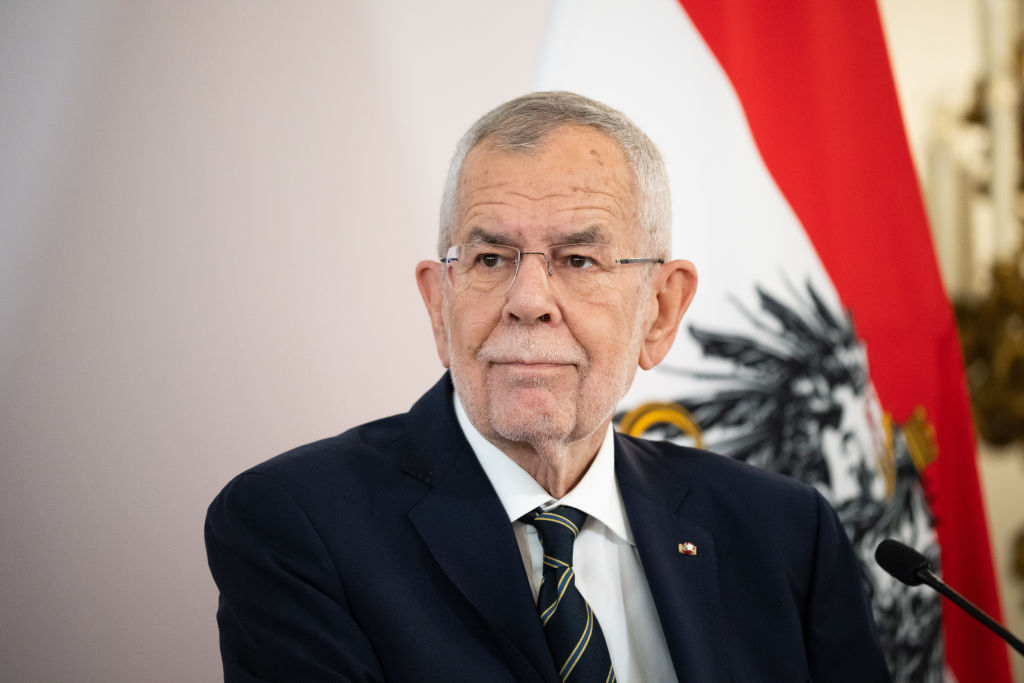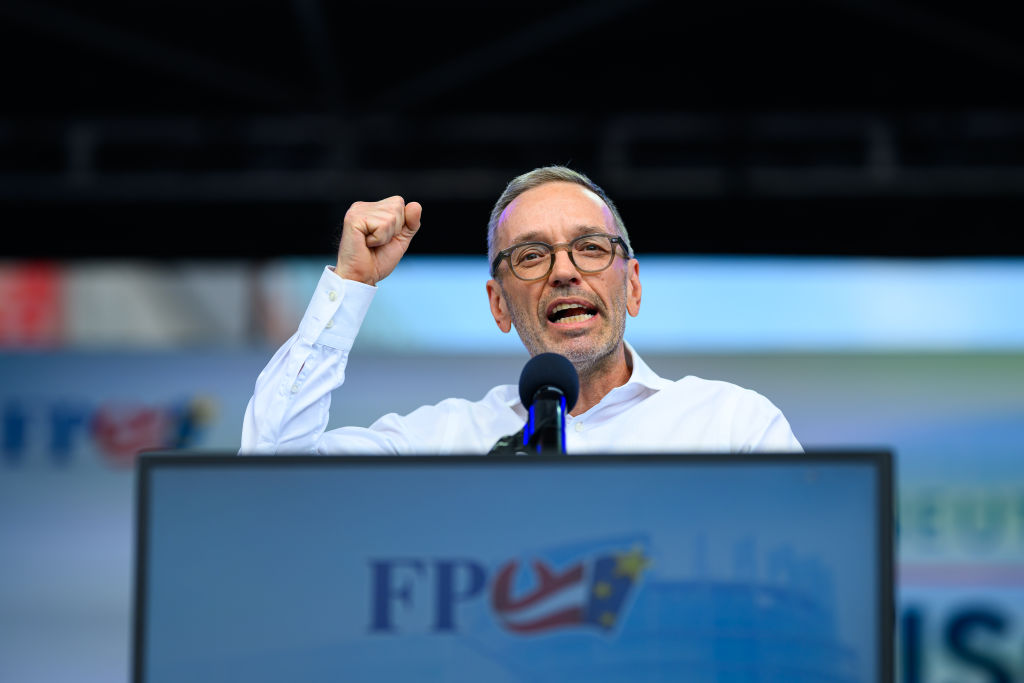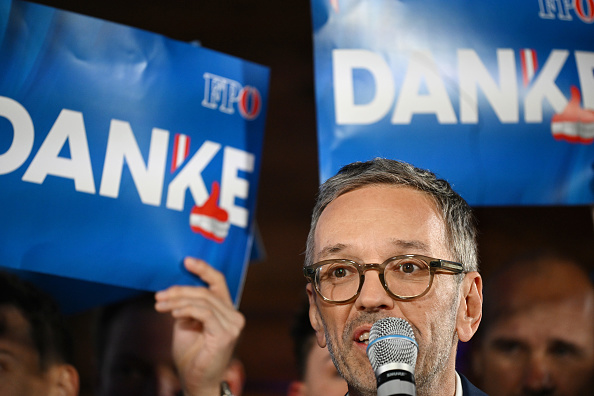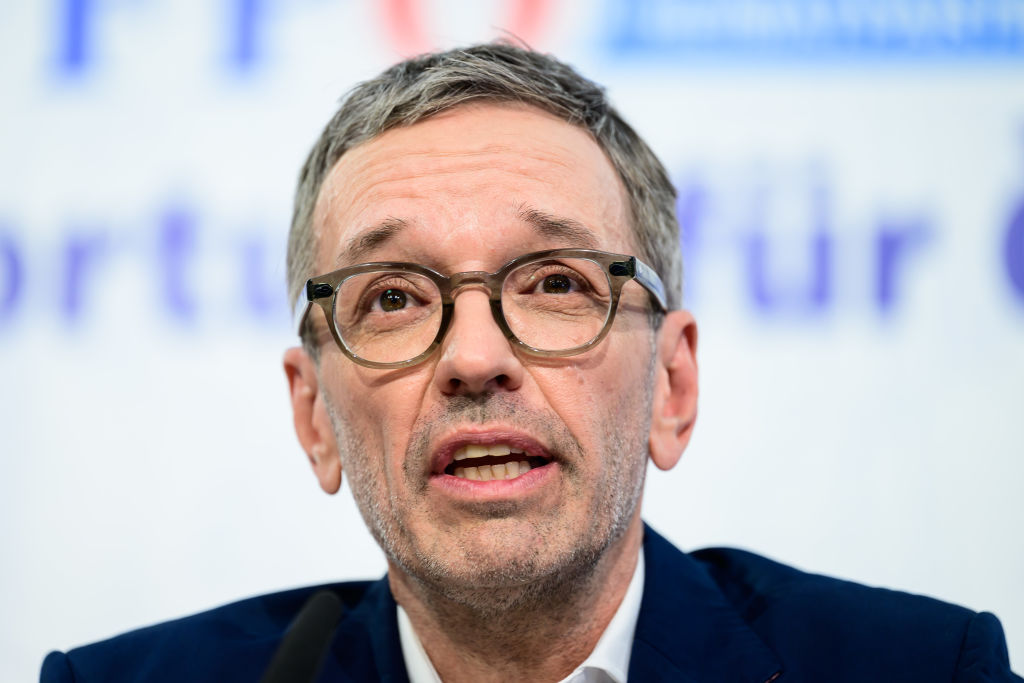Three Austrian political parties may soon form a ruling coalition aimed at keeping the election’s winner, the Freedom Party of Austria (FPÖ), out of power.
On November 18, the heads of the Conservative People’s Party (ÖVP), the Socialists (SPÖ) and the Liberal Neos announced the start of formal talks on forming a government. Previously, ÖVP and SPÖ had negotiated informally for weeks.
The formal discussions will now be held in a series of subgroups.
ÖVP leader and Austrian Chancellor Karl Nehammer said: “The Austrians want a stable and democratically legitimate government with a clear majority in parliament.”
He cautioned that the outcome of the talks was open.
“It will be a stony path,” he said, alluding to the significant ideological differences between the prospective partners.
Wir haben heute die Sondierungsgespräche abgeschlossen und werden formell in Regierungsverhandlungen mit der @SPOE_at und den @neos_eu aufnehmen. Unser Land braucht Veränderung, neue Wege in wesentlichen Politikbereichen. Eine konsequente Migrationspolitik, eine…
— Karl Nehammer (@karlnehammer) November 18, 2024
The ÖVP sees itself – at least on paper – as socially Conservative and economically Liberal. The party has advocated a reduction of government spending, even though under its leadership during the last five years Austria’s federal deficit ballooned to almost 4 per cent of GDP.
The SPÖ has drifted even further to the Left under its current leader, Andreas Babler, a self-declared “Marxist” who praised Stalin in a book he wrote in 2005.
Babler’s election programme features new costly spending proposals. He has also advocated for open borders while the ÖVP has tried to present itself as tough on immigration.
In the general election on September 29, Nehammer’s ÖVP lost 11 percentage points to take 26 per cent of the vote. The SPÖ under Babler garnered 21 per cent – its worst result in post-war history.
The clear winner of the election was the right-wing FPÖ with 29 per cent of the vote – which all other parties shun.
FPÖ leadership called November 18 “a black day for democracy in Austria”, saying the potential three-party government would ruin the country.
“In truth this coalition is nothing but a job security programme for Karl Nehammer,” said Michael Schnedlitz, the FPÖ’s general secretary.
Before the election, Nehammer had ruled out a coalition with the FPÖ under its current leader Herbert Kickl, who Nehammer accused of “right-wing extremism” and “conspiracy-mongering”.
After the vote he turned down Kickl’s suggestion to negotiate on policy first – experts have said they saw an 80 per cent overlap between both parties’ election programmes – and leave personnel questions for later.
Instead, Nehammer set his sights on the Socialists. Many critics from inside the ÖVP have now accused him of selling out the party and its voters to remain Chancellor. His emerging power-sharing agreement has been dubbed “a coalition of the losers”.
Das Argument des desaströsen Wahlverlierers @karlnehammer nochmals vor den Vorhang geholt, frag ich meine @volkspartei:
Angebliche, vage "Nähe zum Rechtsextremismus" ist inakzeptabel für eine Regierung, aber tatsächlich erwiesene Stalin-Apologien Bablers sind unbedenklich? https://t.co/ZDT8NgHZEd— C. Schwenniger, Journalismus-Eleve (@CSchwenniger) November 17, 2024
Since the ÖVP and SPÖ only have a minimal majority of one seat in the parliament’s main chamber, they need a third partner – a novelty in Austrian politics.
The Liberal Neos may now fill that role. While they have publicly advocated economic Liberalism and restrictions on public spending, they have proven pliable in a coalition with the SPÖ in the Vienna city government.
Neos leader Beate Meinl-Reisinger is said to be aiming to vie for the position of finance minister.
No timeline for the formal negotiations has been published nor have any already agreed-upon policies. Observers said they expected that the three parties would want to wait before announcing anything concrete until after the regional elections in Styria on November 25.





